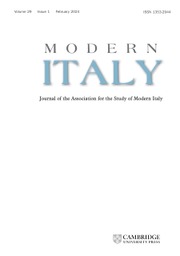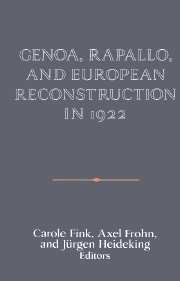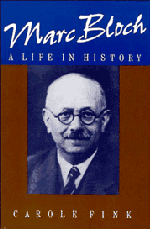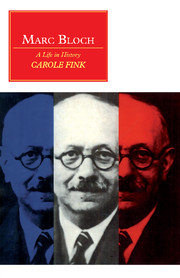West Germany and Israel
By the late 1960s, West Germany and Israel were moving in almost opposite diplomatic directions in a political environment dominated by the Cold War. The Federal Republic launched ambitious policies to reconcile with its Iron Curtain neighbors, expand its influence in the Arab world, and promote West European interests vis-à-vis the United States. By contrast, Israel, unable to obtain peace with the Arabs after its 1967 military victory and threatened by Palestinian terrorism, became increasingly dependent upon the United States, estranged from the USSR and Western Europe, and isolated from the Third World. Nonetheless, the two countries remained connected by shared security concerns, personal bonds, and recurrent evocations of the German-Jewish past. Drawing upon newly-available sources covering the first decade of the countries' formal diplomatic ties, Carole Fink reveals the underlying issues that shaped these two countries' fraught relationship and sets their foreign and domestic policies in a global context.
- By examining the leading decision-makers in both countries, it clarifies how political clashes occurred but also how bilateral difficulties were overcome
- Based upon new documentary material from both West Germany and Israel, as well as archival records from Britain, France, the United States, and Russia
- Sets the foreign-policy decisions and domestic politics of the two countries in a global context
Reviews & endorsements
‘Carole Fink's new study is a model of how modern international history should be written. By integrating both domestic politics and the dynamics of the East-West conflict, this deeply researched book shows how Brandt's Ostpolitik, combined with his Nahostpolitik, greatly complicated relations between Jerusalem and Bonn.' V. R. Berghahn, author of American Big Business in Britain and Germany
‘A masterful narrative of the development of formal relations between Israel and the Federal Republic of Germany. Carole Fink skillfully highlights the internal conflicts within each country, and her sensitive treatment of the gradual cooling of the understandable Germanophobia in the Jewish state and the growth of Israelophilia in the Federal Republic is based on a thorough examination of archival evidence.' William Keylor, author of A World of Nations: The International Order since 1945 and The Twentieth-Century World and Beyond: An International History Since 1900
‘Carole Fink has applied the skills of a seasoned historian to the study of a formative period in the evolution of a unique relationship shaped by the legacy of the holocaust as well as by real politique. Next to the US, Germany is Israel's most important international ally. We are grateful to Professor Fink for illuminating both the origins and the complexities of this relationship.' Itamar Rabinovich, author of Yitzhak Rabin: Soldier, Leader, Statesman
'In this highly readable study of the first decade of West German-Israeli diplomatic ties, Carole Fink teases out the intricacies of a relationship constantly beleaguered by its historical burdens and domestic and international political tensions. … This book is nuanced, but lively. It is thoroughly researched but also an informative introduction to this too frequently sidelined story …' Nick Ostrum, EuropeNow
'Displaying an intimate knowledge of various mutual contacts, [Fink’s] account draws on an impressive array of primary sources, notably archival material from six countries.' Andrea Wiegeshoff, German Studies Review
‘Fink’s study should become the standard work on this era in Israeli-West German relations. It is a pleasure to read and skilfully integrates international and domestic politics based on a very broad range of archival sources.’ Thomas W. Maulucci, Jr., German History
‘The author, a renowned historian who retired from Ohio State University in 2011, offers us a thorough exploration of the challenging decade following the formal establishment of Israeli-German relations.’ Gisela Dachs, Israel Journal of Foreign Affairs
‘My one complaint about Fink’s book is that it should have been longer … but wishing a book longer is of course a compliment - one this work richly deserves.’ David Clay Large, The American Historical Review
Product details
February 2019Paperback
9781107428287
368 pages
228 × 153 × 18 mm
0.61kg
10 b/w illus. 4 maps
Available
Table of Contents
- List of figures and maps
- Preface
- Acknowledgments
- A note on usage
- List of abbreviations
- 1. Prologue: distant states - West Germany and Israel, 1952–65
- 2. The shock of recognition:
- 1965–66
- 3. Upheaval
- 4. 1968
- 5. Changes in leadership:
- 1969
- 6. Ostpolitik
- 7. 1971: a dense political web
- 8. The year of Munich
- 9. Annus Terribilis
- 10. Finale: Exeunt Meir and Brandt
- Conclusions
- Bibliography
- Index.

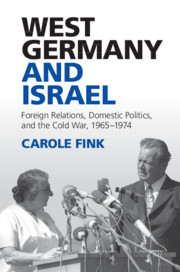
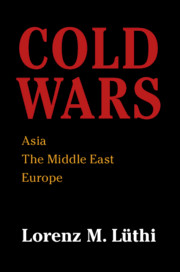
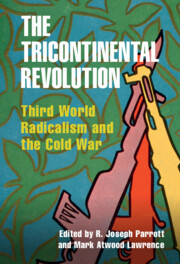
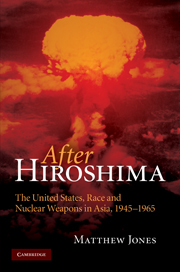


.jpg)
.jpg)
